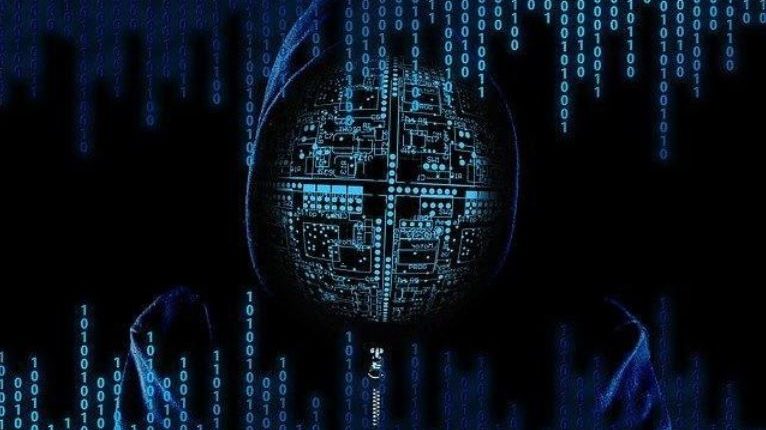Gone are the days when paper notes and gold artifacts were the most priced possessions of the masses. 21st century is all about data; from your spending habits to your social security numbers, someone out there is willing to risk it all to get their hands on it. And for the right price, your details could be sold to the highest bidder. Thus, when personal data, especially financial data of users gets leaked, it becomes a major threat to the sanctity of privacy.
Group-IB, a Singapore based cybersecurity firm that specialises in tackling attacks on user privacy has recently discovered a database that contains payment card details of about 460,000 users, about 98% of which are Indians. The database was uploaded to one of the most famous darknet card shops on February 5.
The value of the database is estimated to be around $4.2 million.
The source of the upload is still unknown, however Group-IB has informed the Indian Computer Emergency Response Team (CERT-In) about the sale of the payment records, so they could take necessary steps.
The name of the card shop is Joker’s Stash, which is a fairly known stop for sales of this kind. The accord was uploaded to the website on February 5 with the name “INDIA-BIG-MIX” (full name: [CC] INDIA-BIG-MIX (FRESH SNIFFED CVV) INDIA/EU/WORLD MIX, HIGH VALID 80-85%, uploaded 2020-02-05 (NON-REFUNDABLE BASE).
There were a total of 461,976 entries in the database, comprising of exposed card numbers, expiration dates, CVV/CVC codes and, in this case, some additional information such as cardholders’ full name, as well as their emails, phone numbers and addresses.
Each card in the database is being sold at $9 a piece, making the whole database worth $4,157,784. By Feb 6, 16 cards had already been sold out.
This became the second leak of Indian consumers that was detected by Group-IB, after the company found a database of 1.3 million credit and debit cards, mostly India based, on Joker’s Stash back in October 2019. The underground value of that database was estimated to be an enormous 130 million.
The Tech Portal is published by Blue Box Media Private Limited. Our investors have no influence over our reporting. Read our full Ownership and Funding Disclosure →






